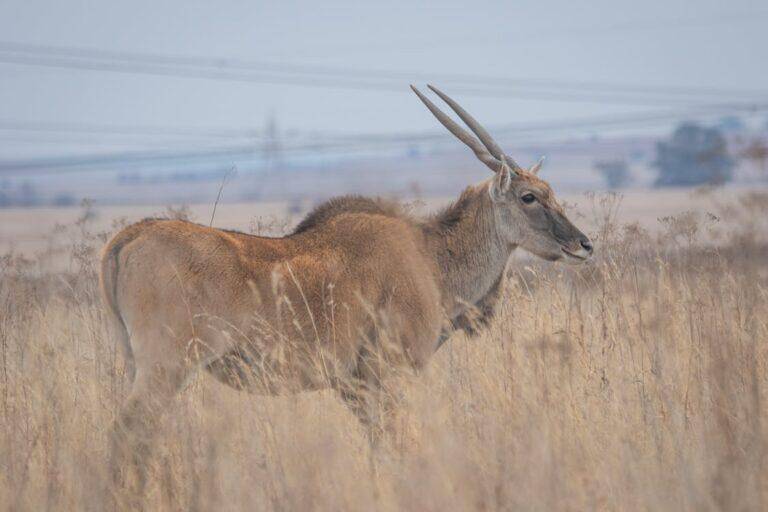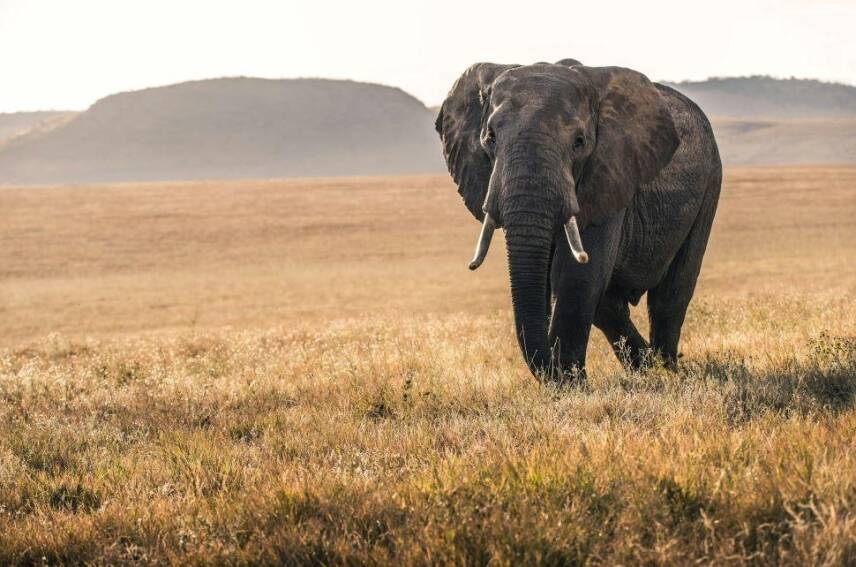Big game shooting in Africa has long been a pursuit that combines skill, tradition, and respect for wildlife. The continent’s vast landscapes and diverse ecosystems provide hunters with unique opportunities to connect with nature while participating in a practice deeply rooted in history. Whether you are a seasoned hunter or planning your first African safari, understanding the traditions and techniques involved is essential.
[DYNAMIC-BLOGTABLEOFCONTENT]
The Rich Tradition of Big Game Hunting in Africa
Historical Context
Big game shooting in Africa dates back centuries. Initially pursued for survival, it became a symbol of prestige during colonial times. Today, it’s guided by modern ethics and sustainability, focusing on conservation and community benefits.
- Colonial Era: Hunting was a pastime for explorers and settlers, who documented their experiences extensively.
- Modern Day: Conservation-based hunting plays a significant role in funding wildlife reserves and supporting local communities.
Conservation Through Hunting
While controversial to some, regulated big game shooting supports conservation efforts by generating revenue for anti-poaching initiatives, habitat protection, and community development. Ethical hunting ensures sustainable populations by adhering to strict quotas and targeting older, non-breeding animals.

Planning Your African Hunting Safari
Preparation is key to a successful hunting experience. Here are some essential steps:
1. Choose the Right Destination
Africa offers diverse environments for big game shooting. Popular countries include:
- South Africa: Known for its well-managed private reserves.
- Tanzania: Offers remote, wild hunting areas.
- Namibia: Renowned for ethical, community-based conservation.
Each destination has unique regulations and species availability, so research thoroughly.
2. Understand the Regulations
Hunting laws vary by country. Hunters must obtain permits, follow bag limits, and respect species-specific rules. Engaging a professional outfitter or hunting guide is highly recommended.
3. Select Appropriate Gear
Choosing the right equipment is crucial for safety and success. Consider:
- Firearms: Larger calibres like .375 H&H Magnum are ideal for big game.
- Ammunition: Match your ammunition to the game species.
- Clothing: Neutral, durable, and weather-appropriate gear is essential.
- Optics: High-quality binoculars and scopes enhance accuracy.
Techniques for Big Game Shooting in Africa
Hunting big game requires skill, patience, and understanding of animal behaviour. Key techniques include:
1. Tracking
Tracking is an ancient skill passed down through generations. Observing footprints, droppings, and other signs helps locate game. Many hunters rely on experienced trackers who possess deep knowledge of the terrain and wildlife.
2. Stalking
Stalking involves approaching game stealthily. Move quietly, use natural cover, and always consider wind direction to avoid detection.
3. Shot Placement
Precision is critical. Ethical hunters aim for quick, humane kills by targeting vital organs. Familiarise yourself with the anatomy of your target species.
4. Calling
Certain species respond to specific calls. Learning these techniques can improve your chances of success, especially when hunting predators like lions or leopards.

Safety Considerations
Big game hunting can be dangerous. Following safety protocols is vital:
- Always keep firearms unloaded until ready to shoot.
- Maintain clear communication with your guide and team.
- Be aware of your surroundings, especially when tracking potentially aggressive animals.
Top Game Species for Hunting in Africa
1. Lion
Known as the “king of the jungle,” lions are a coveted target. Their intelligence and strength make them a challenging quarry.
2. Elephant
Elephants demand respect and precise planning. Only mature bulls past their breeding age are hunted under strict quotas.
3. Cape Buffalo
Nicknamed “black death,” Cape buffaloes are unpredictable and require a steady aim and strong nerves.
4. Leopard
Leopards are elusive and primarily hunted at night. This requires specialised equipment and techniques.
5. Plains Game
Species like kudu, impala, and gemsbok offer diverse hunting opportunities and are ideal for those new to African safaris.
Ethical Hunting Practices
Ethical hunting is a cornerstone of modern big game shooting in Africa. Here are the principles to follow:
- Respect Wildlife: Only hunt legally and within designated quotas.
- Support Conservation: Ensure your hunt contributes to conservation efforts.
- Minimise Waste: Use as much of the animal as possible, including meat and hides.
- Choose Reputable Outfitters: Work with professionals who prioritise ethical and sustainable practices.
Challenges in Modern Big Game Hunting
Despite its benefits, big game shooting in Africa faces challenges:
- Poaching: Illegal hunting undermines conservation efforts and tarnishes ethical hunters’ reputations.
- Public Perception: Misunderstandings about hunting’s role in conservation can lead to criticism.
- Climate Change: Shifting ecosystems affect wildlife distribution and population dynamics.
Conclusion
Big game shooting in Africa is a practice steeped in tradition, requiring skill, respect, and responsibility. By adhering to ethical principles and supporting conservation efforts, hunters can enjoy an unforgettable experience while contributing positively to wildlife preservation. Whether you’re drawn to the thrill of tracking or the challenge of stalking elusive species, understanding the techniques and traditions behind this pursuit ensures a rewarding journey.
